
Эл аралык кызматташтык сектору
-
Түзүмдүк бөлүктөрдүн жана ведомстволук уюмдардын жаңылыктары
- Борбордук аппарат(143)
- Мектепке чейинки билим берүү башкармалыгы(39)
- Мектептеги билим берүү башкармалыгы(107)
- Башталгыч кесиптик билим берүү башкармалыгы(218)
- Инфраструктура жана мамлекеттик сатып алуулар башкармалыгы(5)
- Бюджеттик саясат жана финансылык анализ башкармалыгы(3)
- Бухгалтердик эсеп жана отчёттуулук бөлүмү(0)
- Тарбиялоо жана мектептен тышкаркы билим берүү бөлүмү(8)
- Аккредитациялоо жана лицензиялоо бөлүмү(29)
- Санариптик трансформация бөлүмү(3)
- Укуктук камсыз кылуу бөлүмү(4)
- Адам ресурстарын башкаруу бөлүмү(47)
- Мониторинг, стратегиялык пландоо жана мамлекеттик программаларды талдоо бөлүмү(3)
- Документтик камсыз кылуу жана контролдоо бөлүмү(3)
- Эл аралык кызматташтык сектору(79)
- Маалыматтык саясат сектору(3169)
- Илим жана инновациялар башкармалыгы(71)
- Жогорку, орто кесиптик жана жогорку окуу жайдан кийинки билим берүү башкармалыгы(28)
- Мамлекеттик тилди өнүктүрүү сектору(30)
- Борборлоштурулган бухгалтерия(0)
- Кыргыз билим берүү академиясы(34)
- Педагогикалык кызматкерлердин квалификациясын жогорулатуу жана кайра даярдоо республикалык институту(60)
- Билим берүүнүн сапатын өнүктүрүү департаменти(21)
- Көз карандысыз сертификациялоо жана валидациялоо борбору(25)
- Республиканский научно-методический центр(66)
- Республикалык дене тарбия, спорт жана маданият боюнча усулдук борбору(97)
- Республикалык балдардын жана өспүрүмдөрдүн экология, аймак таануу жана туризм борбору(0)
- «Алтын түйүн» улуттук балдар инженердик-техникалык академиясы(0)
- "Балажан" республикалык эстетикалык тарбия берүү окуу-усулдук борбору(0)
- «Сейтек» балдар жана өспүрүмдөр улуттук борбору(0)
- «Кут билим» медиа борбору(0)
- Аймактар аралык психологиялык, медициналык жана педагогикалык консультация(0)
- «Санат» ден соолукту чыңдоо борбору(1)
- «Барчын» санатория-профилакториясы(0)
- Билим берүүдөгү долбоордук демилгелер лабораториясы(1)
- Дүйнөлүк банктын долбоорлорун ишке ашыруу бөлүмү(115)
- Секторду өнүктүрүү программасы: Инклюзивдик өнүгүү үчүн көндүмдөр(89)
- "Секторду өнүктүрүү долбоору: мектептик билим берүүнү реформалоо"(35)
- «Кыргыз Республикасында билим берүү тармагын колдоо» долбоору(27)
- "Кыргыз Республикасындагы мектептик билим берүү чөйрөсүнүн коопсуздугун каржылоо механизмдерин өнүктүрүү" долбоору(0)
https://edu.gov.kg/admin/main/post/310/change/
Көрүлдү: 0
In view of the International Day of Education on 24 January, the European Commission and High Representative/Vice-President Josep Borrell issued the following statement:
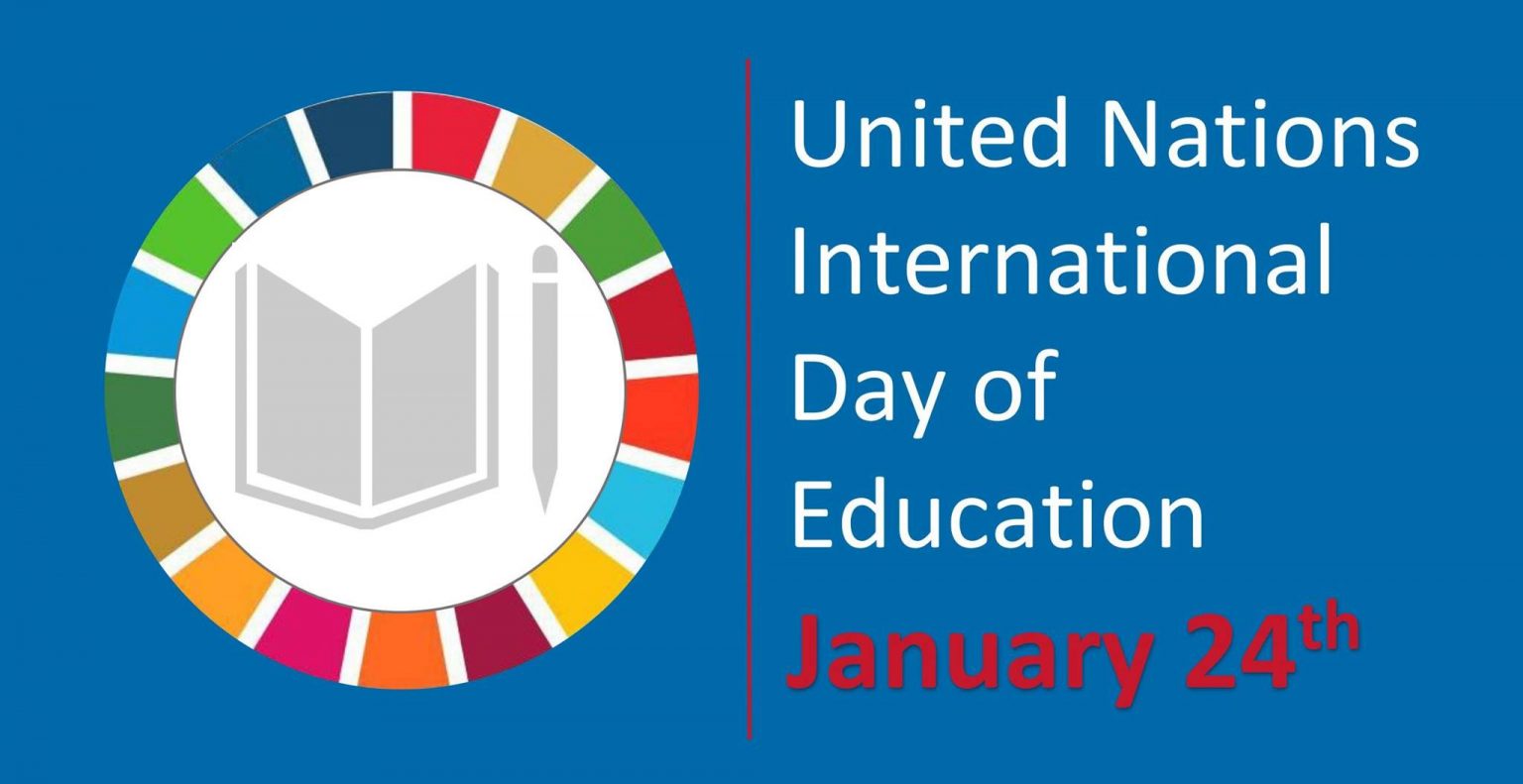
“Education is essential to the global recovery and the achievement of all Sustainable Development Goals. It is a fundamental right and the foundation of resilient, peaceful and sustainable societies. Education is the basis and a catalyst for the green transition. It enables citizens to harness the opportunities of digital development. It brings hope and protection to those affected by humanitarian crises and forced displacement. Quality education is a vital part of the development of every child and young person.
2022 is the European Year of Youth and the 35th anniversary of the Erasmus programme. The EU reaffirms the paramount importance of quality education for the personal, social and professional development of children and young people, in and beyond the European Union, to build a better and more equitable future, reduce socio-economic and gender inequalities, and promote peace and democracy.
Even before the coronavirus pandemic, 260 million children and adolescents worldwide were not receiving education. And those who did, did not always have access to quality education. The pandemic has exacerbated inequalities in education with a disproportionate impact on disadvantaged groups, around the world.
In the EU, we have embarked on an ambitious plan for a European Education Area by 2025, with shared goals and flagship initiatives bringing the 27 Member States together even more. Education is a major channel for the EU's engagement with other parts of the world.
The European Union is stepping up its commitment to education with the aim that every child and young person can access education, master at least reading, writing, basic math and digital skills, and be prepared for the challenges and opportunities of the 21st century as engaged global citizens. This will include the skills and competences to navigate the online environment safely and responsibly.
With the Digital Education Action Plan, we support the sustainable and effective adaptation of the education and training systems of EU Member States to the digital age. With Europe's Digital Decade the EU is working towards an ambitious – yet, attainable - target: by 2030 at least 80% of all adults should have basic digital skills. The Commission will also continue to support the EU Code Week, which provides training for teachers and gives millions of children hands-on experience in coding and digital creativity every year.
The EU continues to invest in quality education with a lifelong learning perspective through inclusive and equitable education systems, paying particular attention to girls, women, and vulnerable groups. The EU institutions and EU Member States, as Team Europe, support partner countries to transform their education systems post-pandemic and to address deficits and inequalities in teaching, training, and learning at all levels.
The EU continues as a leading voice in education in emergencies, providing access to safe, inclusive and quality education to millions of children affected by humanitarian crises and conflicts.
Europe will particularly work with partner governments on teachers' training and governance to ensure quality education outcomes.
The Erasmus+ programme facilitates mobility of students, staff, teachers, and trainees, and strengthen networks and peer learning across higher education institutions. These opportunities are open for people from all over the world. The EU will also work with partner countries to strengthen cooperation on research and innovation, for example through Horizon Europe.
These initiatives align with the Global Gateway strategy's provisions for people-to-people connectivity.
Partnerships with civil society, the private sector and global education stakeholders, will be key to fostering global citizenship.”
Background
The EU institutions and Member States together contribute more than half of all global aid to education, supporting the education sector in more than 100 countries all around the world.
During the period 2021–2027, the European Commission will dedicate at least 10% of its international partnerships budget with Africa, Latin America and the Caribbean and Asia and the Pacific, and 10% of its humanitarian aid budget, to education.
The European Commission will also continue engaging, as a priority, with the Western Balkans, Turkey and the Neighbourhood regions to strengthen education systems, addressing skills mismatch with the labour market and enhancing joint cooperation with education institutions including mobility of students and teachers.
For More Information
European Pillar of Social Rights
Education | International Partnerships
 Кыргыз Республикасынын билим берүүсүнүн бардык маалыматтык системалары үчүн бирдиктүү кирүү түйүн
Кыргыз Республикасынын билим берүүсүнүн бардык маалыматтык системалары үчүн бирдиктүү кирүү түйүн
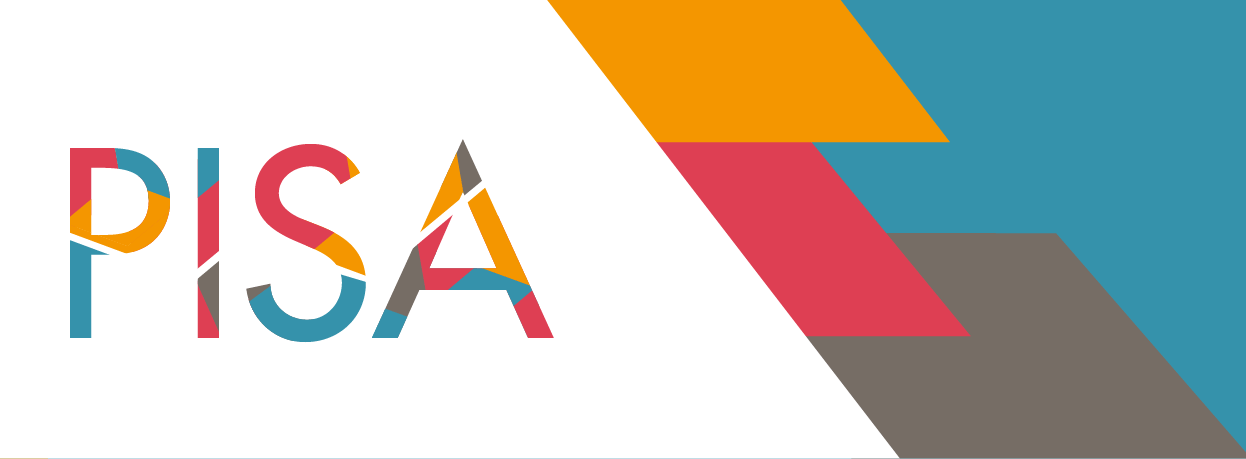 PISA 2025
PISA 2025
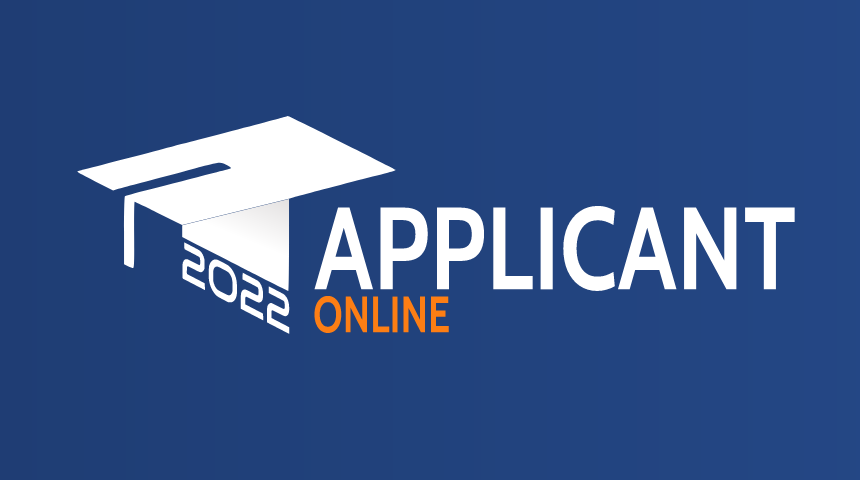 University admission portal of the Kyrgyz Republic citizens of foreign countries
University admission portal of the Kyrgyz Republic citizens of foreign countries
 Электрондук китепкана
Электрондук китепкана
 Билимдүү муун
Билимдүү муун
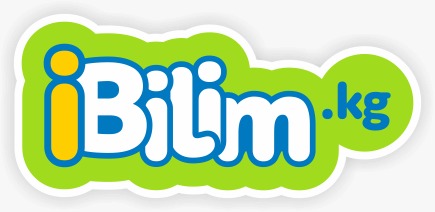 Окутуу булактары IBilim
Окутуу булактары IBilim
 "Bilim Bulagy" окутуу булактарынын мультимедиалык комплекси
"Bilim Bulagy" окутуу булактарынын мультимедиалык комплекси
 Билим берүү булактары
Билим берүү булактары
 "Кут Билим" медиа борбору
"Кут Билим" медиа борбору
 Кыргыз Республикасынын Президенти
Кыргыз Республикасынын Президенти
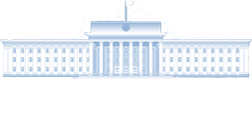 Кыргыз Республикасынын Министрлер Кабинети
Кыргыз Республикасынын Министрлер Кабинети
 Жогорку Кеңеш
Жогорку Кеңеш
 КР ЧУА долбоорлорун коомдук талкуулоонун бирдиктүү порталы
КР ЧУА долбоорлорун коомдук талкуулоонун бирдиктүү порталы
 Кыргыз Республикасынын мамлекеттик сатып алуулар расмий порталы
Кыргыз Республикасынын мамлекеттик сатып алуулар расмий порталы
 Кыргыз Республикасынын электрондук кызмат көрсөтүүлөр мамлекеттик порталы
Кыргыз Республикасынын электрондук кызмат көрсөтүүлөр мамлекеттик порталы
 Портал открытых данных Кыргызской Республики
Портал открытых данных Кыргызской Республики